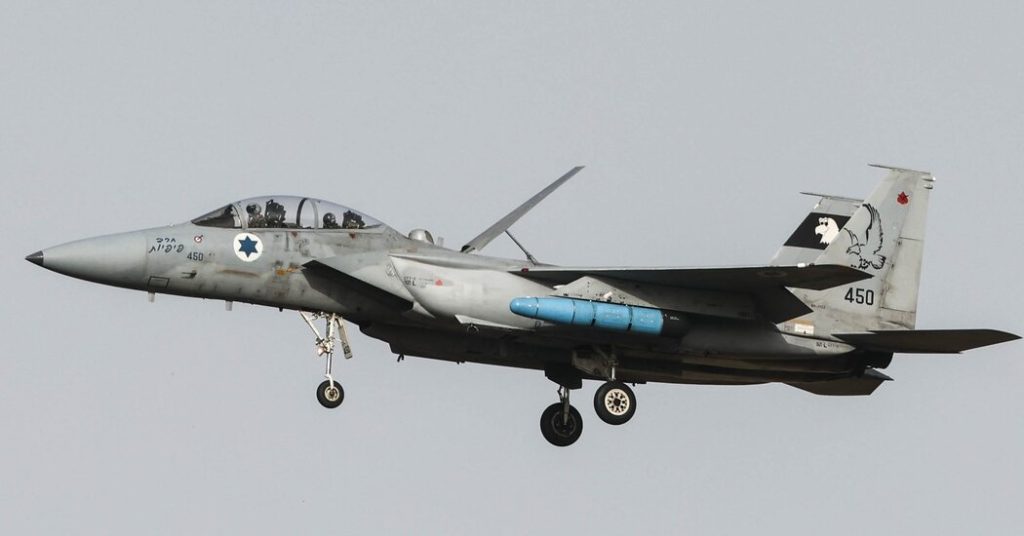The Hundreds of reservists and retired officers in Israel’s air force signed a letter on Thursday urging the Israeli government to agree to a deal with Hamas to return hostages, even at the price of stopping the war in Gaza. The letter, which was signed by roughly a thousand people, including a former chief of staff and other former senior military leaders, laid bare a growing divide in the Israeli military over the handling of the war. The air force has been a key part of Israel’s effort in Gaza, carrying out strikes that have flattened much of the enclave and left thousands dead.
The letter immediately drew a rebuke from the Israeli prime minister’s office, which said that “statements that weaken the Israel Defense Forces and strengthen our enemy during wartime” were “unforgivable.” The Israeli military denied reopening the war, stating it decided to discharge active-duty reservists who signed the letter, though the numbers that could be dismissed were not expected to be high. Most of the people who signed the list were not active duty, the military said. The timing of the dismissals was not clear.
The letter was an unusually large-scale show of criticism from members of the air force about the way the war has been run. The military branch, in particular, has been a notable voice of opposition to the government, with top military officials pressing for a cease-fire behind the scenes, hoping to bring home more hostages and give weary troops a break. In January, Israel and Hamas agreed to a cease-fire, but the war resumed after Israel and Hamas failed to extend it. In key points throughout the war, top military officials have pressed for a cease-fire behind the scenes, aiming to bring back more hostages and give weary troops a break.
The letter on Thursday claimed that continuing the war would lead to the deaths of the hostages and argued that it was driven by political interests, rather than security. “Stop the fighting and return all of the hostages — now!” it said. “Every day that passes endangers their lives.”Critics of Mr. Netanyahu have accused him of prioritizing his political survival over the return of the hostages. Mr. Netanyahu’s far-right coalition partners have threatened to leave the coalition if he ends the war without defeating Hamas. Maj. Gen. Nimrod Sheffer, a former senior air force officer, said he had signed the letter because he felt the hostages in Gaza were becoming increasingly vulnerable. Israel’s government has said it believes 24 of the remaining 59 hostages to be alive.
For Palestinians in Gaza, Israel’s renewed bombing campaign has brought about immense devastation. More than 1,000 people in Gaza have been killed since the war restarted, according to the Gaza Health Ministry, which does not distinguish between combatants and civilians in its casualties counts. Israel has accused Hamas of embedding in civilian areas. The bodies of 40 people killed by Israel arrived at hospitals across Gaza on Wednesday, according to the Health Ministry. Israel has accused Hamas of nesting in civilian areas. The bodies of 40 people killed by Israel arrived at hospitals across Gaza on Wednesday.
The Israeli military’s latest offensive in Gaza has included widespread evacuation orders, encompassing roughly half of the territory, according to a New York Times analysis of Israeli military maps. Satellite imagery also shows that the Israeli military was taking over Rafah, with forces closing in on the southernmost city in Gaza from two directions. The Morag Corridor, whose name comes from a former Israeli settlement in southern Gaza, appeared to take its name from a former Israeli settlement in southern Gaza, from which Israel withdrew in 2005. Israel has established a new corridor in Gaza, which it hinted would cut off territory in the southern city of Rafah from the rest of the strip.
Samuel Granados and Lauren Leatherby contributed reporting.











